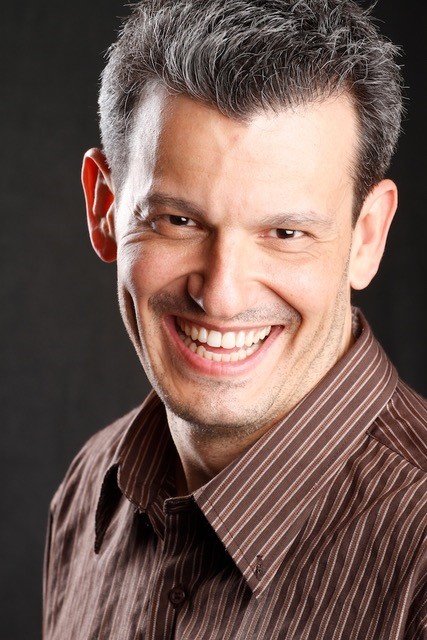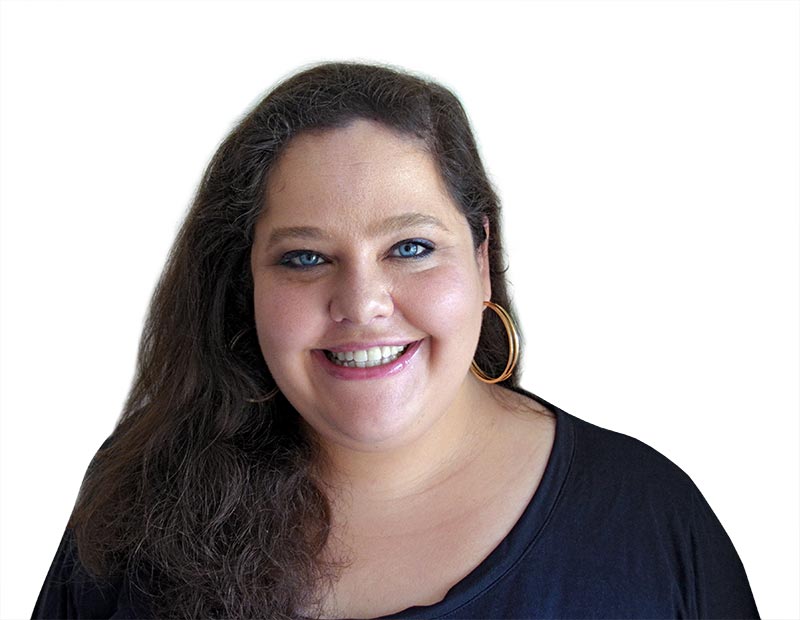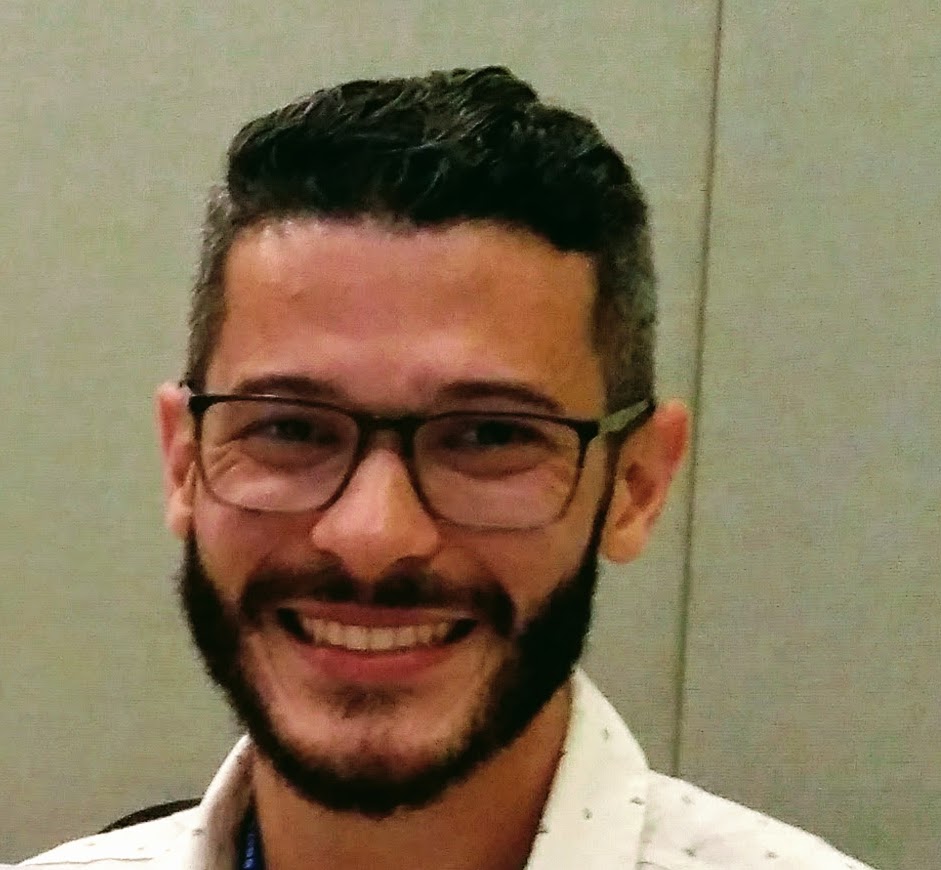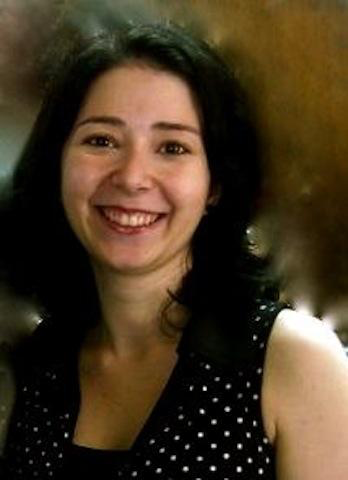Flipping the Classroom with Essential Questions
The most important single characteristic of the flipped classroom is the fact that classroom time is not used for content presentation, but rather for group discussions about students’ findings and further investigation. So, going back to the two questions I’ve asked on my first post, on the 6th of June, I believe we already have an interesting answer to the first question. (What to do? Flip the classroom.) But we still need ideas on how to start the journey.
A good way to start flipping your classes is to build a syllabus of essential questions (understanding questions) that could arise students curiosity towards the content that they are expected to learn about. If there’s enough maturity you could even get your students help you build this syllabus of questions so that they share responsibility and ownership with you, asking questions they would like to know about the topics you are supposed to cover. In order to flip the classroom, these questions should be asked before the class and they should work as guidance for students to search for and find relevant information about the topic at home, at their own pace. Students should, then, bring their findings to the class and discuss them with their classmates before actually doing something tangible with that knowledge.
So, let’s suppose your syllabus asks you to cover archaeology, you could either ask students what they would like to know about archaeology, paleontology, etc. or create the essential understanding questions yourself, as long as the questions are interesting enough to arise students interest and curiosity. In my opinion, the inquiry-based approach, which involves students in the creation of questions, always works best.
Using Inquiry-based Learning to Flip Your Classes
 Here are four simple steps for you to implement a simple inquiry-based approach in your teaching:
Here are four simple steps for you to implement a simple inquiry-based approach in your teaching:
- Students should help you develop questions that they are interested in knowing about. These could also be in the form of problem statements. Either way they should require a constructed response, further inquiry and citation. Make sure you have yourself a set of problem statements in case they don’t really get where you want them to with their questions.
- Have students use their classroom time for group discussion and further inquiry. In case your school doesn’t have tablets for students, you might have to encourage a BYOD approach for them to be able to carry out any necessary researches. Sometimes one student per group with a device is fine.
- According to Glasser’s Pyramid, we retain 90% of what we teach others and 70% of what we discuss, so in the third step we are covering our bases by asking students to present (90% retention) what they have discussed (70% retention) already.
- Finally, have students analyze the whole process. What really worked and what didn’t. In other words, they are not just reflecting on the topic, or what they learned, but also analyzing how they did so. Students’ answers to this fourth step are crucial for you to implement any adjustments to the process, so you can make it better and better.
Well, I believe we now have a reasonable answer for the second question we need to ask ourselves, too, as proposed on my first post. (How to start?) So, what about starting the educational revolution right now? See you next month!






